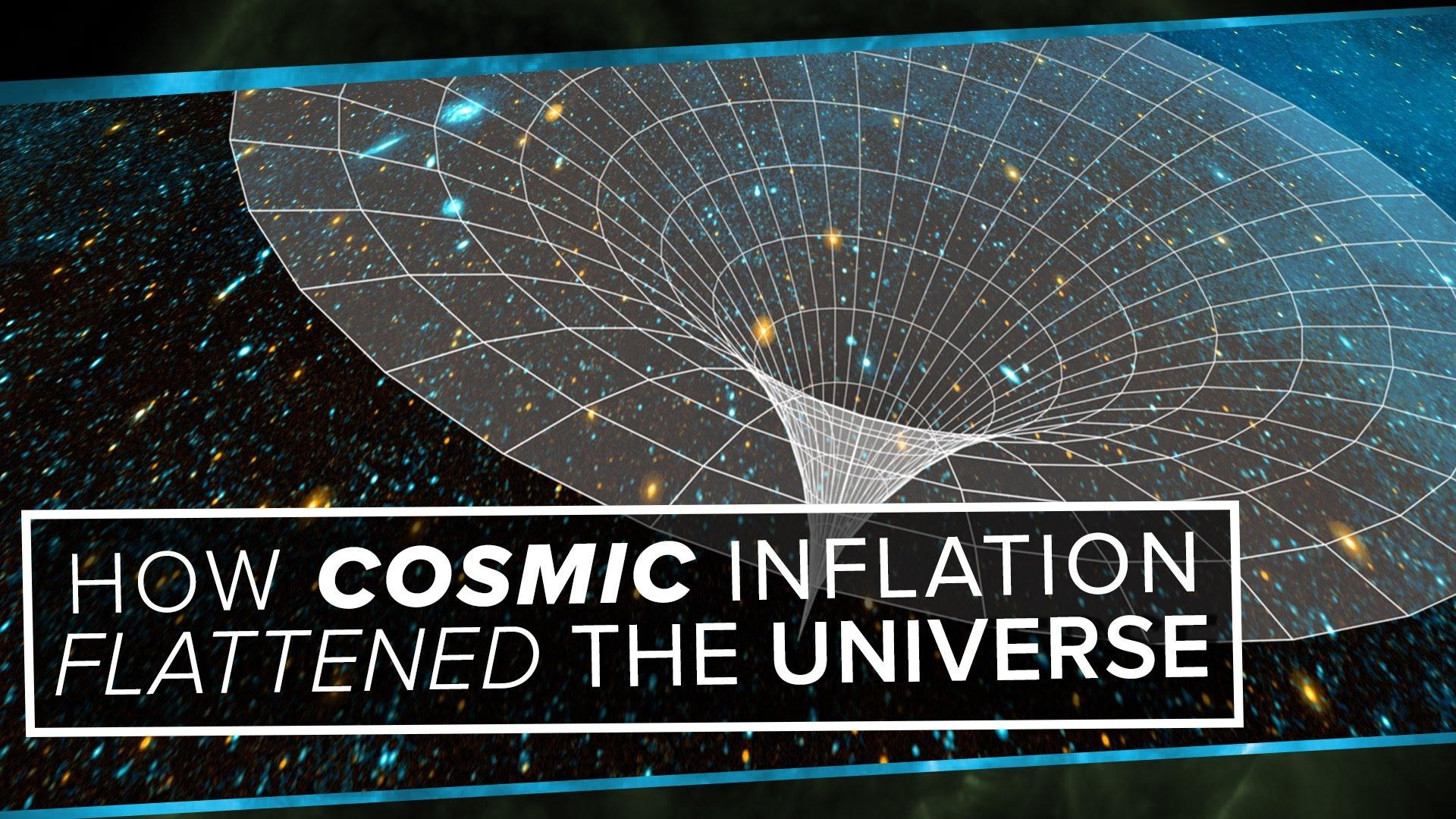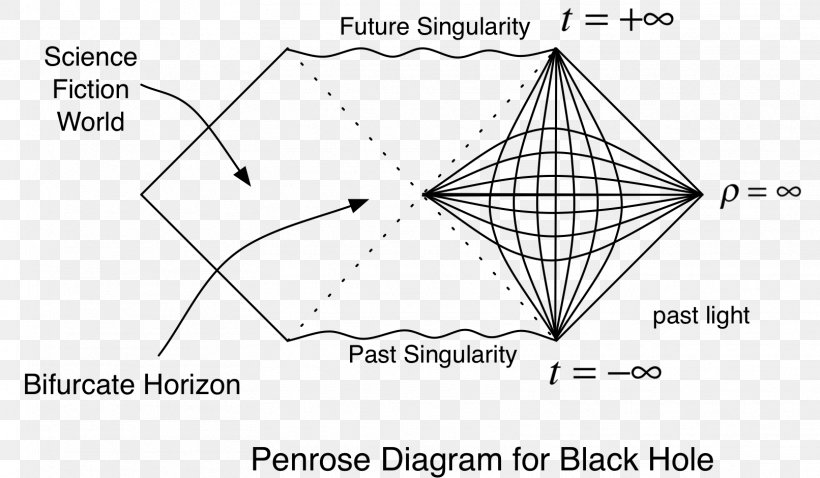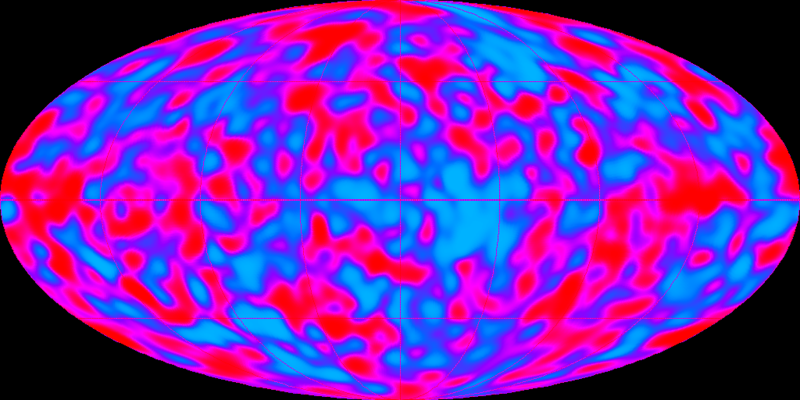The Intriguing Question of the Universe’s Beginning: Did Time Really Start with the Big Bang?
The notion of the universe having a definite beginning—commonly tied to the Big Bang—has underpinned decades of cosmological theories. We’ve long imagined space itself expanding from an infinitesimal point of infinite density, the so-called singularity. The universe, we concluded, came into existence from this point, marking the start of both time and space. But as we dive deeper into modern cosmological principles, especially when intertwining insights from Einstein’s General Theory of Relativity with recent inflationary models, we are prompted to ask a critical question: Is the Big Bang truly the starting point of time, or could space-time have existed before and simply transitioned into our known universe?
Just as I have explored intricate machine learning topics like anomaly detection in my other articles, cosmology too presents a universe filled with unknowns—each requiring new tools and frameworks for exploration. In much the same way that AI methods evolve, cosmological theories too are persistently refined as new data and models emerge.
The Classic Big Bang Theory: Time’s Inception?
In the traditional understanding, the universe’s birth was seen as starting from a singularity—an infinitely dense point around 13.8 billion years ago. This view was influenced heavily by the work of early cosmologists such as Alexander Friedmann and Georges Lemaitre, who built upon Einstein’s equations. Their relatively simple (and as we now know, perhaps overly simplistic) assumption was that the universe is homogenous and smooth.
Yet observations of our cosmos reveal that it’s anything but perfectly smooth. The universe is peppered with galaxies, stars, and other large-scale structures—”lumpiness” that the early models didn’t account for. Could this lumpiness rewrite the history of the universe’s origins?
< >
>
Implications of Cosmic Inflation: A Smooth or Bumpy Past?
Cosmic inflation adds a layer of complexity to the picture. According to inflationary models introduced in the 1980s, the universe underwent a brief period of rapid expansion right after the Big Bang. This period helped to stretch the small ironed-out smooth patches of the early universe, creating the vast universe we now observe, almost uniform in any direction. While inflation initially was seen as a short-lived phase, theoretical physicists hypothesized that such inflation could have extended beyond individual ‘bubble universes,’ perhaps lasting eternally in other parts of the universe.
If eternal inflation (a theory proposed by Alan Guth and others) is true, it begs a critical question—could this eternal inflation last not only into the future but also into the past? If so, perhaps the Big Bang wasn’t the very beginning. Instead, we might be living in a specific ‘bubble universe’ that arose from an ongoing inflating field, with no definitive beginning.
<
>
The Role of Geodesic Incompleteness: Does It Prove a Beginning?
When we trace the universe’s history back in time, a concept known as geodesic incompleteness comes into play. This concept, introduced in general relativity, describes paths taken by particles as they traverse spacetime—called geodesics. If these paths cannot be extended to infinity in the past, we define the universe as having a ‘beginning’. In this context, geodesic incompleteness serves as a key framework for identifying whether spacetime truly has a starting point.
In 2003, the Borde-Guth-Vilenkin (BGV) theorem took this further, proposing that any universe which has, on average, been expanding must have such past geodesic incompleteness. This conclusion suggests that even with concepts like cosmic inflation and eternal inflation, spacetime must have a past boundary. If true, this boundary marks the theoretical “beginning” of time as we know it.
< >
>
Singularities and Coordinate Systems: Could Time Extend Beyond the Boundary?
Despite the strong argument for geodesic incompleteness, recent studies, such as those conducted by Geshnizjani and her colleagues, hint that the question might not be so linear. Just as the event horizon of a black hole is a coordinate singularity rather than a true physical boundary (you don’t “bounce” off it, but simply fall through), might the supposed beginning of time merely be a coordinate singularity?
By using advanced tools like Penrose diagrams, these researchers showed that our slice of the universe could be part of a greater, smooth space, outside the known boundaries of the Big Bang. This would entail that the universe might be extendable beyond what we now imagine as its past boundary, forming part of a larger cosmic structure like the de Sitter space.
What Does This Mean for Our Understanding of the Universe?
In a universe that’s revealing complexities far greater than our early Big Bang models suggested, questions of its beginning—or even whether it had one—remain an intriguing frontier. The classic view of time starting at a singular point, driven by common interpretations of general relativity, may not be entirely correct. We now have insights—drawing from inflationary models and new mathematical tools—that hint at a far more complicated history for spacetime.
Just as with my journey in creating advanced Artificial Intelligence models and futuristic technologies, the challenge lies in exploring these boundaries rigorously, using innovation of thought and increasingly advanced scientific frameworks. Perhaps, like some anomalous data points in an AI model, the “beginning” of the universe is only an artifact of our current understanding—waiting to be disproven by future insight.
Could we ever learn definitively whether there was a beginning to the universe, or are some mysteries too distant to solve? As I’ve found in my personal and professional exploration of scientific concepts, the search itself is often the most thrilling part.
< >
>
The future of cosmology will depend heavily on how well we can reconcile these inflationary models with both quantum mechanics and general relativity—a vision I share with the ongoing evolution of technology and human understanding across multiple fields, from AI to cosmology.
Focus Keyphrase: universe beginning